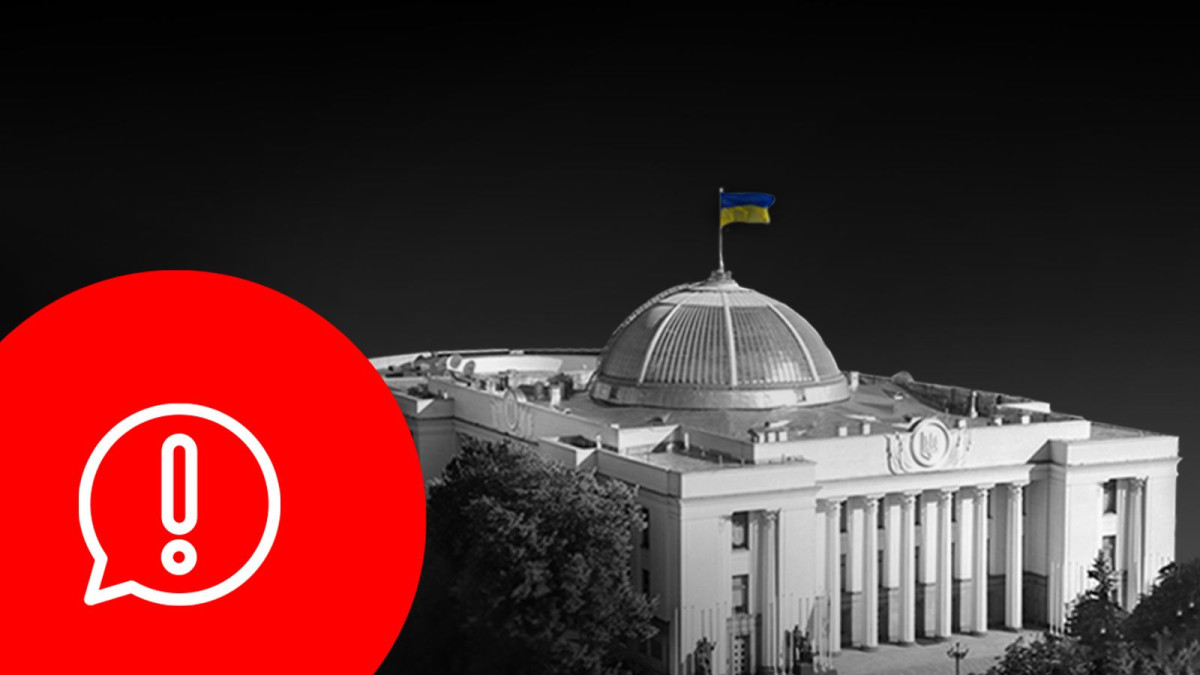

On December 18, draft law No.10242 was on the agenda, and the day before, the Committee on Law Enforcement had once again “resurrected” it. This time, it was allegedly done for the adoption of arrangements on the “Lozovyi’s amendments” agreed upon with international partners. However, this draft law again fails to meet either the objectives stated from the beginning, or the purpose for which it is returned to the parliament.
If last time, the provisions on the restoration of property confiscation when concluding an agreement within corruption offenses were added to the draft law, then now, as “balancing” norms to the remaining provisions against whistleblowers and journalists, which we have already criticized, MPs propose to add norms to correct the “Lozovyi’s amendments” and improve the mandate of the SAPO on international legal assistance.
However, these changes will still have a negative impact on the situation, and here’s why.
- The new “exception” that the unauthorized sale or distribution by the whistleblower of information with restricted access through the mechanism of the Law on Prevention of Corruption does not entail criminal liability, in fact, will not release the whistleblowers from imprisonment. In addition, such a change does not cover state secrets, as well as journalists. In practice, most of the information provided to journalists from closed registers (obtaining a passport of a foreign state, data on crossing the border, etc.) is not corruption, and the legislation protects only whistleblowers of corruption, and not whistleblowers of socially necessary information. Moreover, there is a narrowed interpretation by the NACP of the occurrence of the whistleblower’s status not from the moment of the report, as provided for in the law, but from the moment of its registration in the Unified Register of Pre-Trial Investigations or Unified Reporting Portal.
- Enhancing the liability for illegal copying of information from closed registers up to 8 years in prison legalizes surveillance over whistleblowers and journalists. For the investigator to register the proceedings under the relevant Article 362 of the Criminal Code and start covert investigative (search) actions in accordance with the CPC, it will be enough to assume that the certain data disclosed in the investigation are part of the copied larger array. Such a disproportionate sanction, which turns this offense into a grave one, will have a strong “cooling effect” on future disclosures and investigations and will not solve the problem of selling closed data from registers by dishonest law enforcement officers, etc.
- MPs want to increase the workload on the court by giving it additional powers to consider motions on the prosecutor’s obligation to complete the pre-trial investigation. To consider such motions, investigating judges will need to conduct full-fledged court hearings, study materials on the terms and their extension. This will create an additional burden, especially on the HACC, which is already overloaded with complex corruption cases. And neither this draft law nor the current legislation provides for appeals against such decisions. At the same time, such a mechanism partially duplicates the existing procedure for appealing against non-compliance with reasonable time limits under Article 308 of the CPC of Ukraine.
- The proposed legislative provisions will not improve the powers of the SAPO in terms of international legal assistance. Although the draft law tries to give the SAPO head the authority to extradite and establish joint investigation teams, the amendments to the CPC of Ukraine are not enough. Amendments are also needed to the laws on the ratification of international treaties, which define the responsible authorities for communicating with foreign partners. Without this, foreign bodies may not recognize the legality of requests from the SAPO, as it was previously the case with the NABU.
That is why Transparency International Ukraine is still convinced that the lawmakers’ renewed attention to draft law 10242 is unjustified and undoubtedly harmful. Voting for it will not give the SAPO effective powers on extradition, but will undermine the institution of whistleblowers, the functioning of freedom of speech, and the work of journalists (including the protection of sources) in a democratic society.
Transparency International Ukraine is still convinced that the lawmakers' renewed attention to draft law 10242 is unjustified and undoubtedly harmful.






